Shooting the messenger

Rather than direct their anger towards the media and the individuals who represent it lawmakers should focus attention on working out why so many lies have been told over the degree issue and public trust lost to such a huge extent. If they could devote their energy to righting the wrongs in their own behaviour they may more effectively be able to ward off press criticism. This however is a far more difficult task than lashing out blindly and illogically at those who inform people of the goings-on of public representatives. After all, the issue is simple and straightforward. While the law requiring a degree may have been set down by a military dictator and would in all probability disqualify most Pakistanis from contesting, the fact remains that buying a degree simply to fulfil this requirement is indeed tantamount to fraud and lying to the electorate. For instance, if an individual gains employment in a public-sector or private organisation after claiming to fulfil a certain academic requirement and later after scrutiny that fulfillment — normally through a degree — is proven to be acquired through fraudulent means then that individual is liable to be not only fired but also prosecuted for fraud and cheating. What all those members of parliament who knowingly purchased or obtained degrees that they never studied for or were not eligible to receive have done is no different from the example of the company employee just given. The reason is that trust has been violated, and in fact in the case of MPs, the magnitude of violation is greater — first because it comes from voters looking to elect a representative to the country’s law-making body, and second because those elected are the ones who make and frame laws.
One wonders why the persons who now say the resolution should never have passed did not raise their voices in the house as it was being drafted and then unanimously passed with no hands raised to oppose it. It is unlikely that the resolution will serve any purpose at all. Our legislators need to understand that the result of the whole episode is going to be only that their own reputations in the eyes of the public will have been tainted further, because of their demonstrated desire to suppress the one institution which can and does expose their wrong deeds.
Published in The Express Tribune, July 11th, 2010.

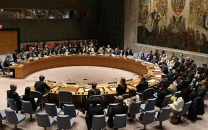
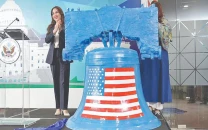
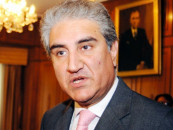
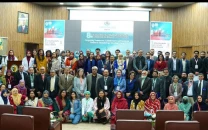
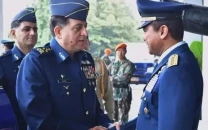













COMMENTS
Comments are moderated and generally will be posted if they are on-topic and not abusive.
For more information, please see our Comments FAQ